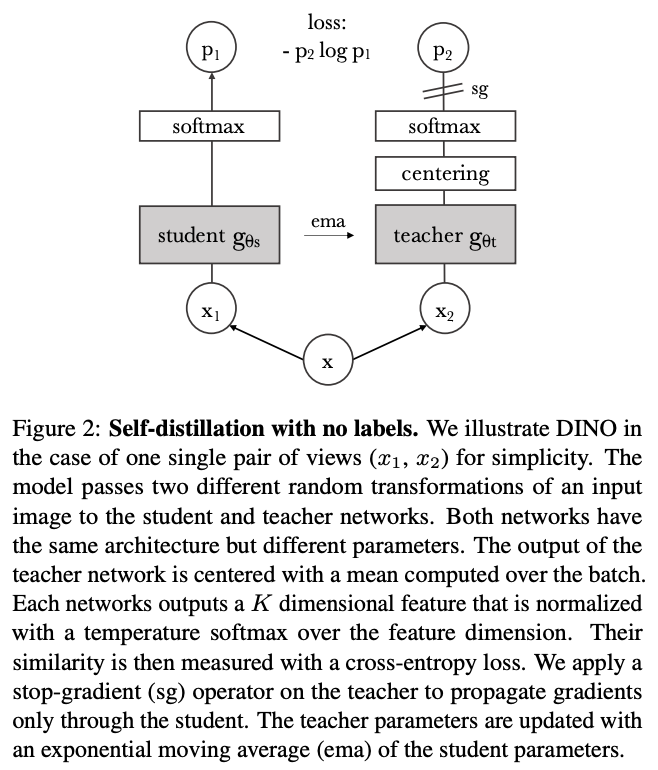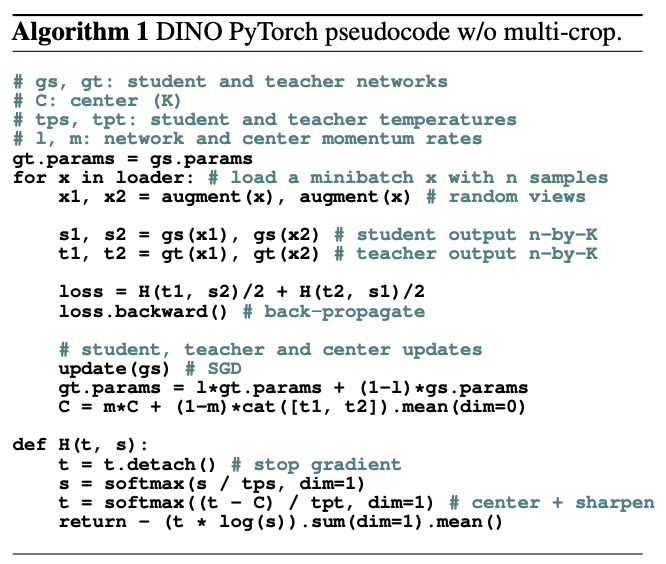Hello! Hope you have a great week. I encounter an interesting machine learning papers, one course and one open source project this week:
Emerging Properties in Self-supervised Vision Transformers [paper][github][blog post]
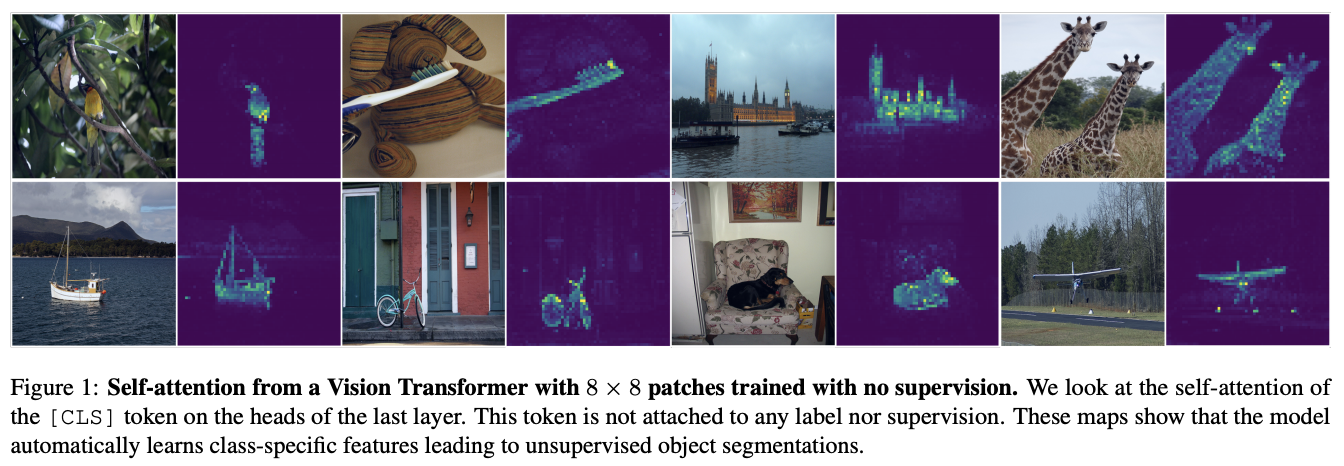
Recent Vision Transformers (ViT) model, adopting Transformer model in NLP, has shown promising results toward generic and scalable architectures for computer vision tasks. This paper study self-supervised ViT model and discuss two emerging properties:
- Self-supervised ViT features contain explicit information about semantic segmentation of an image.
- Self-supervised ViT features also an excellent k-NN classifiers.
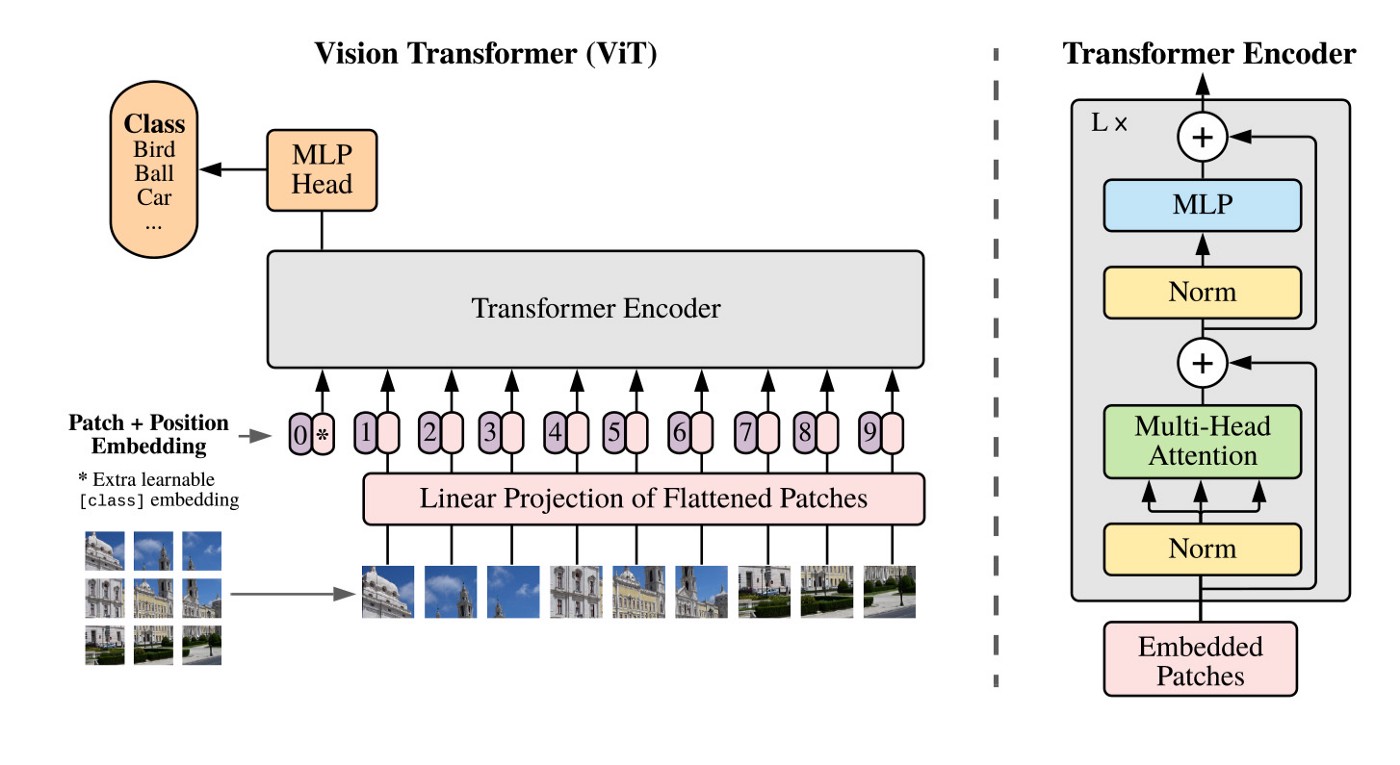
From the findings, the authors develop a self-supervised learning framework called DINO (Knowledge Distilation with no labels). As indicated in the name, the framework uses knowledge distillation strategy to train the model. But instead of using pre-trained model as teacher and running knowledge distillation as post processing step to self-supervised pre-training, the teacher network also performs distillation from student network using self-supervision objective. In other word, both student and teacher network are doing codistillation.
Nabil Madali has a great blog post discussing more detail about this paper.
Machine Learning Engineering for Production (MLOps) Specialization [url]
Coursera just launched a new course for building production end-to-end ML systems. Bringing machine learning models to production systems involves many tasks such as discovering data issue and data drift, conducting error analysis, managing computation and scaling. MLOps course discusses how to conceptualize, build, and maintain integrated machine learning systems that continuously operate in production. You will get yourself familiar with the capabilities, challanges, and consequences of machine learning in production.
Course website: https://www.coursera.org/specializations/machine-learning-engineering-for-production-mlops
Opyrator: Quickly Turn Machine Learning Codes into Microservices [github]
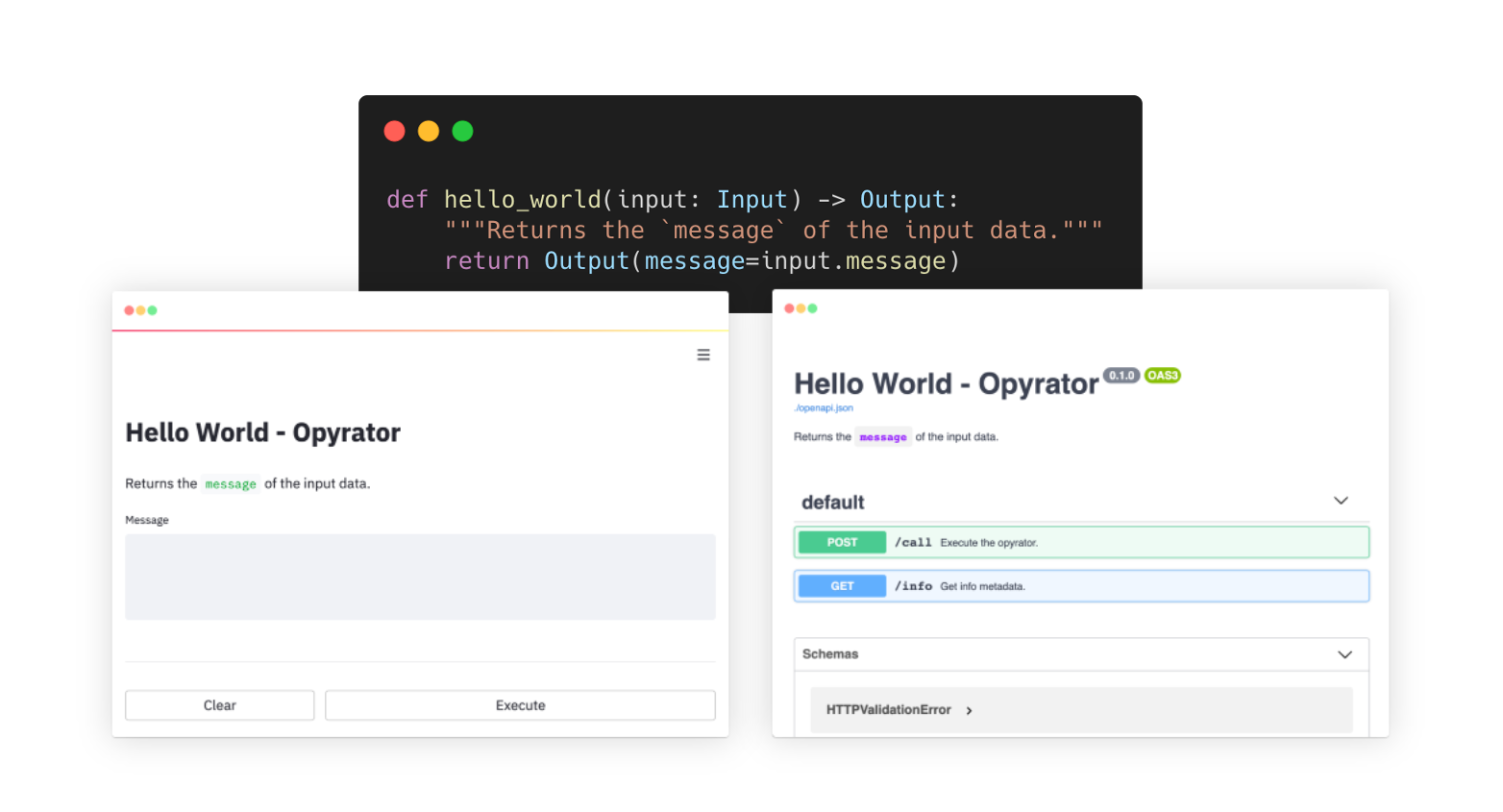
This open source project combines FastAPI, Streamlit, and pydantic to quickly make your python functions into production-ready microservices. It utilizes FastAPI to automatically generate HTTP API, and Streamlit to automatically generate a web UI. A very useful tool to quickly showcase your machine learning models.
Opyratory demo website: https://opyrator-playground.mltooling.org/
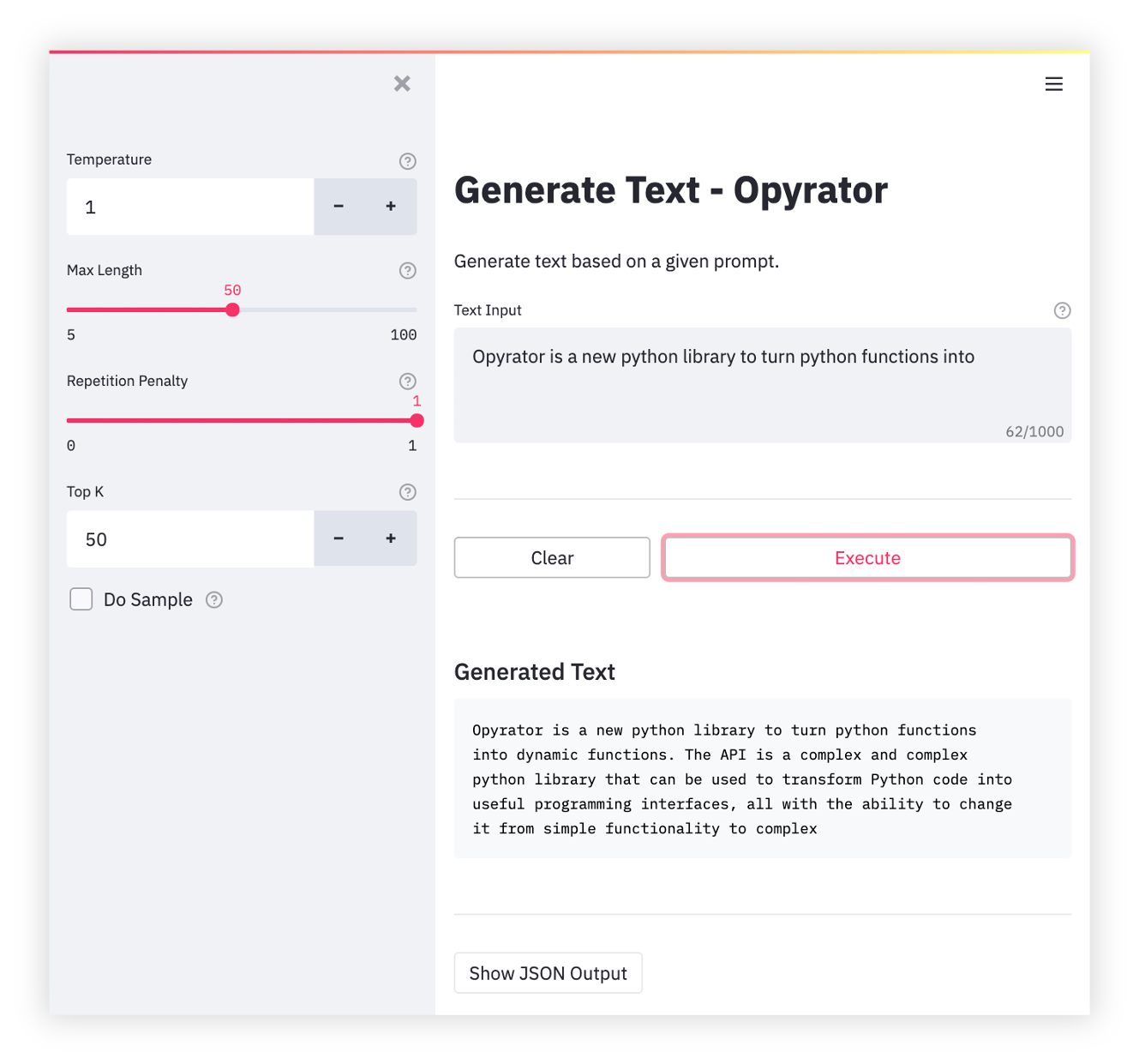
Stay safe, and see you next week!
